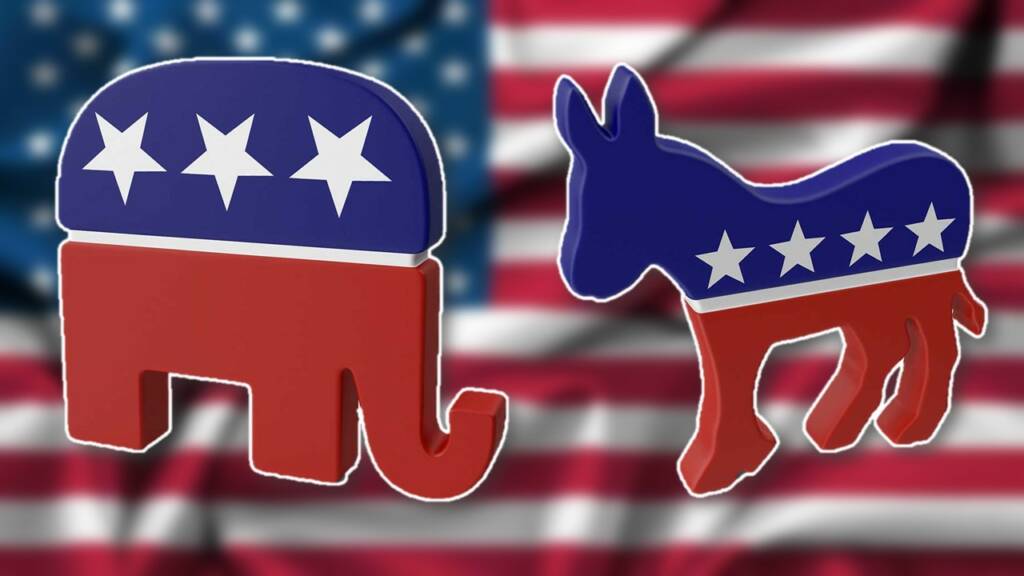In the world of politics, few events garner as much attention and speculation as US Presidential Elections. The US presidential election odds have long been a popular means of predicting election outcomes, but how accurate have these odds been historically? In this article, we’ll delve into the evolution of political betting, assess the accuracy of betting odds, and explore their strengths and limitations as a forecasting tool for US Presidential Elections.
The Evolution of Political Betting and Election Odds
The early days of US Presidential betting
Political betting in the United States dates back to the 19th century, with people placing bets on election outcomes in informal settings. Over time, the practice evolved and became more sophisticated, with bookmakers offering odds on various aspects of elections, from the candidates themselves to the margins of victory.
Technological advancements and prediction markets
The advent of the internet and the emergence of prediction markets have significantly transformed political betting. Today, a vast array of online platforms allow users to place bets on US presidential election odds and other political events, making the practice more accessible and widespread than ever before.
Assessing the Accuracy of Betting Odds in US Presidential Elections
Methodology for measuring accuracy
To evaluate the historical accuracy of betting odds in predicting US Presidential Elections, we can compare the odds offered by bookmakers to the actual election outcomes. This involves analyzing the implied probability of winning derived from the odds and comparing it to the actual election results.
Key variables affecting betting odds
Various factors can impact betting odds, including public opinion, media coverage, and candidate performance in debates and on the campaign trail. These variables can lead to shifts in the US presidential election odds, which may ultimately affect their accuracy in predicting election outcomes.
Case Studies: Betting Odds and Election Outcomes
Successes and Shocks: Election Outcomes and Betting Odds
In the realm of political betting, there have been instances where the odds successfully predicted election outcomes, such as Barack Obama’s 2008 victory. However, there have also been unexpected outcomes that defied the odds, like the 2016 election, when Donald Trump emerged as the winner. In this case, the majority of bookmakers and pollsters anticipated a Hillary Clinton triumph, emphasizing the limitations of relying solely on betting odds for predicting election results.
| Year | Winning Candidate | Implied Probability from Odds | Actual Result |
| 2000 | George W. Bush | 48% | Win |
| 2004 | George W. Bush | 53% | Win |
| 2008 | Barack Obama | 67% | Win |
| 2012 | Barack Obama | 62% | Win |
| 2016 | Donald Trump | 35% | Win |
| 2020 | Joe Biden | 59% | Win |
Lessons Learned: Betting Odds as an Election Forecasting Tool
Strengths and limitations of betting odds
Betting odds have the advantage of reflecting real-time market sentiment, which can make them more responsive to changing circumstances than traditional polling methods. However, they are also subject to biases and can be influenced by factors unrelated to a candidate’s likelihood of winning, such as betting volume and media coverage.
Comparing Betting Odds to Alternative Forecasting Techniques
While betting odds can offer valuable insights into possible election outcomes, it’s essential to evaluate their performance relative to other forecasting models, such as opinion polls and statistical models. For instance, FiveThirtyEight’s election forecasts amalgamate polling data, economic indicators, and historical patterns to generate a more holistic view of election outcomes. By comparing and contrasting various forecasting methods, we can better understand the strengths and limitations of each approach in predicting US Presidential Elections.
The Future of US Presidential Election Odds and Predictions
The impact of evolving political landscapes
As political environments and voter behavior continue to change, the reliability of betting odds in future elections may be affected. The growing influence of social media, changing demographics, and shifting party allegiances could all contribute to an increased level of uncertainty in predicting election outcomes.
Innovations in political betting and forecasting
Technological advancements and data-driven approaches have the potential to improve the accuracy of US presidential election odds. Machine learning algorithms and artificial intelligence could help analyze vast amounts of data, providing more accurate predictions and helping bettors make informed decisions.
Betting on the Odds: Reflecting on the Past and Looking Forward
In conclusion, the historical accuracy of betting odds in predicting US Presidential Elections has been mixed, with both accurate predictions and surprise upsets. While betting odds offer valuable insights, it’s crucial to consider their strengths and limitations as an election forecasting tool. As we look to the future, innovations in political betting and forecasting methods may hold the key to more accurate and reliable predictions. Nonetheless, the unpredictability of politics will always add an element of uncertainty to any attempt at forecasting election outcomes.
